Today isn’t a great day for Carlo Croce, chair of the department of cancer biology and genetics at The Ohio State University (OSU).
The New York Times has a lengthy article detailing the misconduct accusations that have swirled around Croce for years. We’ve covered many, but The Gray Lady obtained documents that show there have been many more.
The story mentions a 2013 letter from Ohio State University to pseudonymous whistleblower Clare Francis (which we reported on in 2014), acknowledging Francis’s allegations against Croce. However, in the letter, an administrator said OSU saw no reason to investigate Croce.
The story didn’t stop there, as the Times reports:
Continue reading Cancer researcher has dodged accusations for decades (and has a new correction)
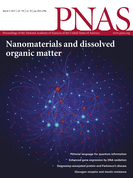
 Two blog posts are shining additional light on a recent retraction that included some unanswered questions — namely, the identity of the researcher who admitted to manipulating the results.
Two blog posts are shining additional light on a recent retraction that included some unanswered questions — namely, the identity of the researcher who admitted to manipulating the results.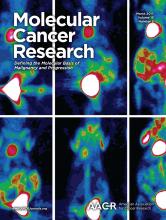 Pfizer has retracted a paper by a former employee who was fired after the company discovered she had been doctoring data.
Pfizer has retracted a paper by a former employee who was fired after the company discovered she had been doctoring data.
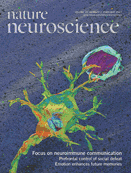 Only days after his paper was published online, a neuroscientist has posted a comment on PubMed alerting readers to several duplication errors.
Only days after his paper was published online, a neuroscientist has posted a comment on PubMed alerting readers to several duplication errors.
 The notices keep coming for diabetes researcher
The notices keep coming for diabetes researcher 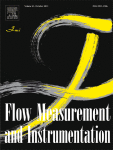 Yesterday we reported that
Yesterday we reported that 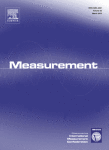 A computer scientist in Malaysia has lost two papers for faked peer reviews, and another for duplication. A fourth paper on which he is a co-author appears to have simply disappeared.
A computer scientist in Malaysia has lost two papers for faked peer reviews, and another for duplication. A fourth paper on which he is a co-author appears to have simply disappeared.